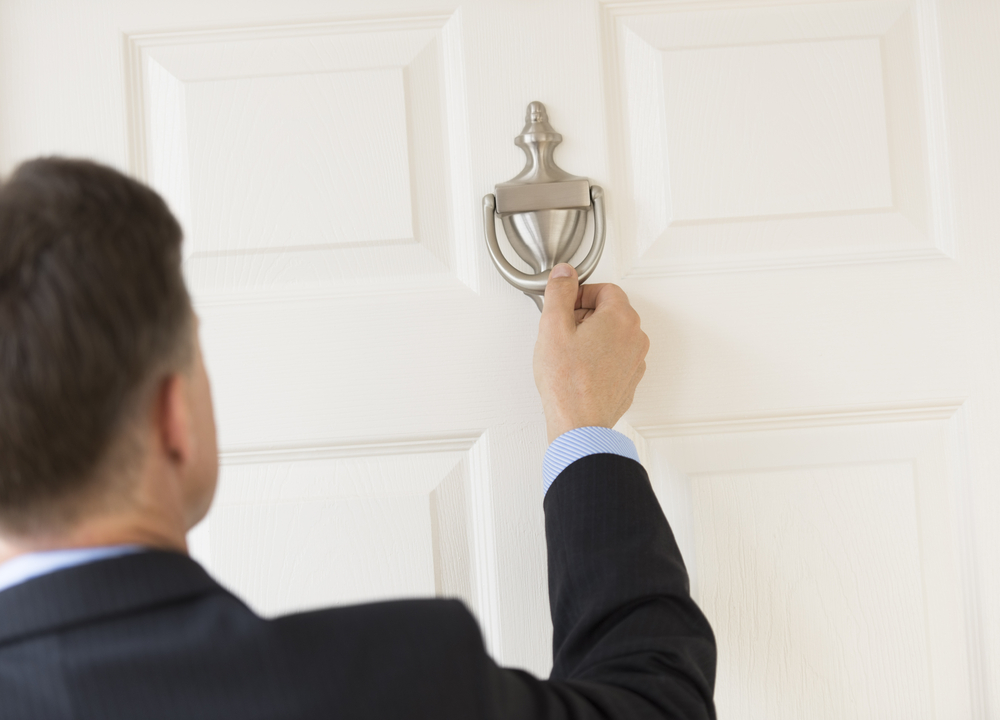Household Bills
Warnings raised over doorstep scammers

Doorstep scammers are wasting no time in making the most of the loosening of lockdown restrictions, targeting the vulnerable with new Covid-19 scams.
That’s the warning from consumer champions Which?, following an investigation that suggested doorstep scammers are back in business.
Its survey of members found that 16% had received an unsolicited visit from someone claiming to be a salesperson or charity worker since the start of the first lockdown, with around one in 10 (9%) saying they felt pressurised into signing up for something.
Doorstep scams initially suffered with the pandemic, due to restrictions on leaving the house. Reports to the police of doorstep frauds crashed by 46% in April 2020 compared to the year before, though by last summer reports had returned to pre-pandemic levels.
And according to data from Action Fraud, as much as £18.7m was lost to doorstep crime in 2020 alone. What’s more, given so many scams are thought to go unreported, the actual figure is likely far higher.
Cashing in on Coronavirus
Which? highlighted the experience of one member, 81-year-old William Grayson who lives alone in Weston-super-Mare, around 40 minutes by car from his relatives. He was visited at his home by two people claiming to be part of a ‘Covid support group’ who could do shopping and errands while he was shielding. He gave them £200 over two visits for food and home essentials but never received any shopping.
The firm said it had heard from other scam victims who have been tricked by fraudsters offering fast-track testing and vaccines, collecting donations for fake charities, or selling vitamin pills which supposedly protect against the virus.
A recent study by the Chartered Trading Standards Institute found that fraudsters were targeting the over-70s with Covid-related scams.
Doorstep scammers have taken advantage of other trends related to the pandemic too, according to Which?, such as an increase in people carrying out home improvement projects. More than a third (37%) of those surveyed said they had received an unsolicited door knock from someone offering home improvement services, with some charged up front for work ‒ like garden renovations ‒ which never actually happened.
Don’t buy at the door
Adam French, consumer rights expert at Which?, said that the return of doorstep scammers was “highly concerning” and called for us all to be wary of anyone who knocks at the door unexpectedly.
He continued: “Adopting a blanket policy not to buy goods or services offered at the door is a sure-fire way to stop any would-be fraudsters in their tracks. However, if you do decide to purchase something at your door, you should ask the seller for their ID or call the company to verify their identity before making any payments.”